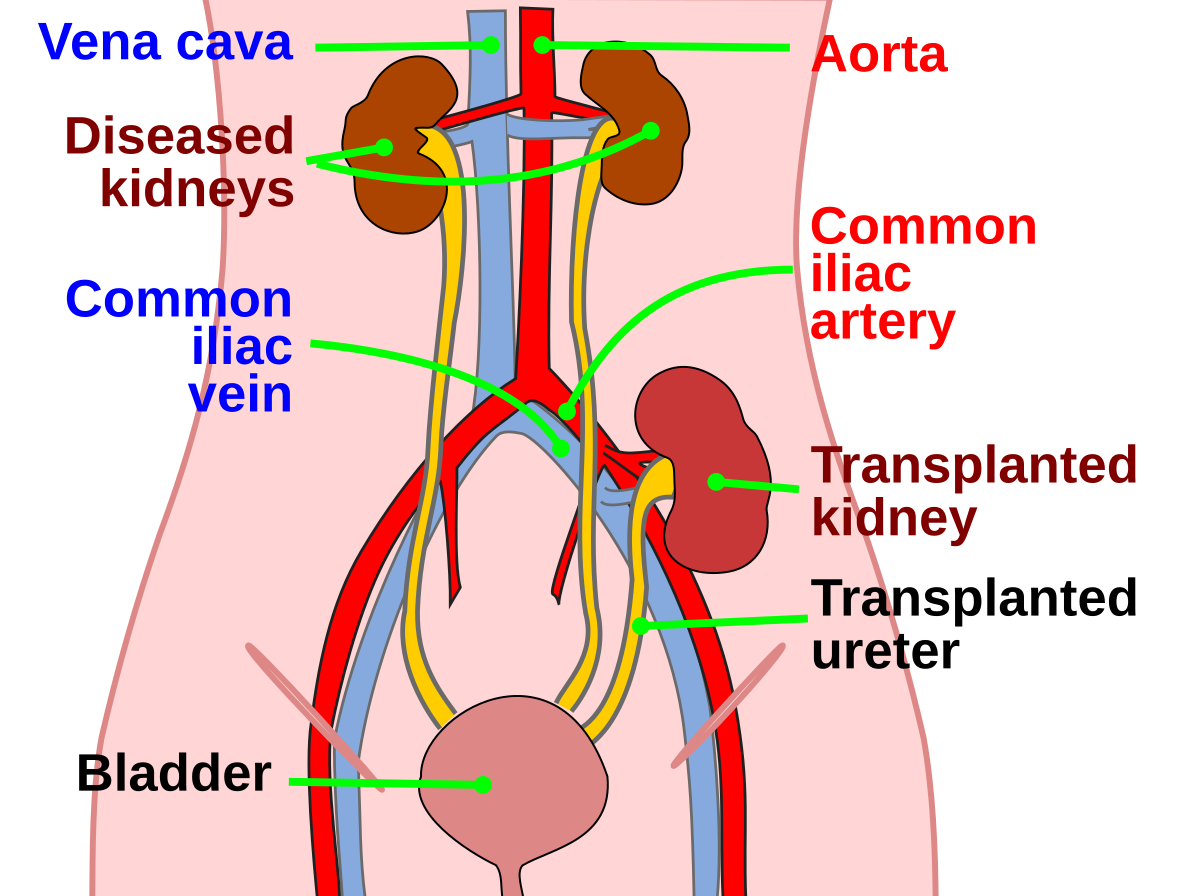Five things you may not know about kidney transplants
In this article, we will describe five things you may not know about kidney transplants
1. You don’t need to be on dialysis to have a kidney transplant
In fact, patients who receive an early transplant (before dialysis; called a ‘pre-emptive transplant’) enjoy better long-term health and a higher quality of life. For one, it eliminates the need for dialysis, which is a very good thing.
2. One new kidney is all that’s needed
Although almost all (999/1000) of us are born with two kidneys, most transplant recipients require only one. A single, healthy kidney will do enough work.
That means that one deceased donor can take two people off dialysis.
When only one kidney is present, it compensates by increasing in size to handle the extra load of waste products and excess fluid they must filter from the blood.
3. The old kidneys that have stopped working are left in
Surgeons typically do not remove the recipient’s original kidney(s); unless they’re greatly enlarged or causing severe problems, such as high blood pressure or infection. The nonfunctioning kidneys just get smaller over time.
4. A new kidney isn’t placed in the same place as one of the original ones
Unlike a transplanted heart, lung, or liver, which occupies the same space as the original organ, a new kidney is implanted in the lower abdomen, where it can more easily be connected to the bladder and major blood vessels.

Where a kidney transplant is put
Our original kidneys sit high in the back/abdomen, protected by the ribs, so accessing them requires a more invasive surgery and risks creating scar tissue.
The transplanted kidney can be placed in the lower abdomen without compromising nearby organs, and is also readily accessible if a biopsy is needed.
5. Drugs to suppress the immune system and prevent rejection are needed for life
If the drugs are stopped, even after having had a transplant for years or decades, the kidney can reject (and even be lost). And stronger drugs may then be needed to save the kidney.
Summary
We have described five things you may not know about kidney transplants. We hope it has been helpful.
Last Reviewed on 24 May 2024
